I-94 Project Represents An Opportunity to Rebuild Milwaukee’s Infrastructure While Building Its Workforce
We represent four unions with thousands of members who safely and responsibly work on essential infrastructure projects. Our union members built the Marquette and Zoo interchanges, and they are ready to get to work rebuilding the almost 60-year-old I-94 East-West Corridor. Improving this corridor is vital for the economies of the City of Milwaukee, Southeast Wisconsin, and the state.
The ongoing coronavirus pandemic has taken a toll on our economy, but having a project like the I-94 East-West Corridor on the horizon will help with our economic recovery by delivering middle-class jobs. Shovels may not be in the ground for a few years, but this project will create good-paying, family-supporting jobs, many for residents of the City of Milwaukee. The Wisconsin Department of Transportation estimates the job will require up to 3.8 million hours of on-site labor, with as many as 10,000 local skilled construction professionals doing work on the project. The wages earned by these men and women will bolster the economy and support local businesses.
This project will also provide a path for new apprentices to learn a craft that can lead to a rewarding career working in the building and construction trades. It also presents the unique opportunity for workers to complete their paid apprenticeships on one project site without leaving Milwaukee.
The project will also deliver opportunities for small, minority, and women-owned businesses. According to the National Association of Minority Contractors, Wisconsin Chapter, the I-94 East-West project is expected to deliver between $100,000,000 to $115,000,000 of contracts to these important businesses.
Transportation investment not only sustains and creates good-paying construction and industry jobs, but it also supports jobs across all sectors of the state’s economy. Improvements enhance economic competitiveness and generate economic development for decades by providing safe, efficient access to jobs, services, materials, and markets.
Wisconsin will only maximize its return on the outstanding work our members did on the Marquette and Zoo interchanges when the 3.5 miles of freeway connecting them is equally efficient and safe.
Our unions appreciate and understand that freeway and transit projects complement one another. Both are needed to reduce congestion, increase safety, and promote economic development. However, the funds for this project cannot be reallocated for transit or other local road construction.
The I-94 East-West was designed in the 1950s and built in the 1960s. It is no match for today’s demands. The corridor carries tens of thousands more vehicles a day than intended. Left-side ramps, narrow shoulders, short weaving distances, and other outdated features combined with congestion result in an average crash rate two to three times higher than the statewide urban freeway average and, at some points, more than four times higher. Meanwhile, crashes on reconstructed Southeast Wisconsin Interstate segments have been reduced by up to 45%.
Now is the time to finish the job and upgrade the I-94 East-West Corridor, which is outdated, congested, and unsafe. And we know just the men and women to do it.
John Raines—Executive Secretary-Treasurer of the North Central States Regional Council of Carpenters
John Schmitt—President and Business Manager of the Wisconsin Laborers’ District Council
Terry McGowan—President and Business Manager of the International Union of Operating Engineers Local 139
Tony Mayrhofer—Business Manager of the Iron Workers Local 8
The Op-Ed is also available by clicking here.
